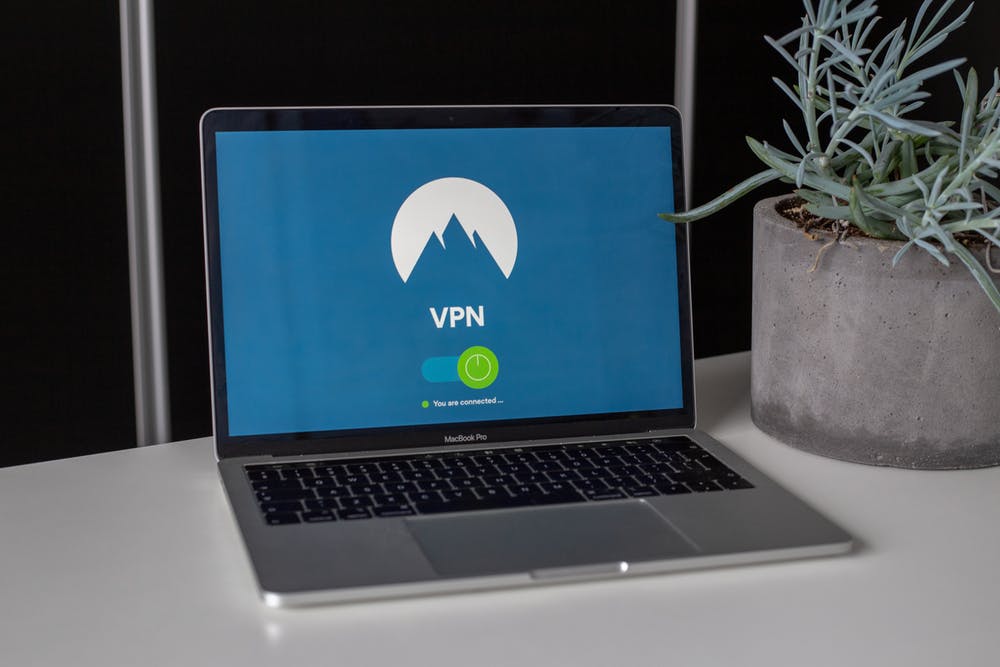Internet Security: A Growing Problem
Online security breaches have been a problem since the dawn of the internet. Actually, data breaches and hacks have been steadily getting worse and worse. Each year, billions of breaches occur across the web, and experts suggest that this number will simply continue to increase with time.
This means you’re more likely now than ever before to have your information stolen while using the internet. Every photo, social post, and login attempt carries personal data and, with it, some risk that your information will be stolen. To mitigate security threats and keep your private information safe, follow these tips and tread carefully online.
Practice Smart Internet Usage
One of the easiest ways to keep your data and identity safe on the internet is to practice safer browsing habits in general. Don’t click on any links you don’t recognize, don’t save any files from websites you don’t fully trust, and never give out personal information if you don’t absolutely have to. Use strong encryption when sending emails and files, and securely delete any identifying files after you’re done using them. This way, hackers snooping around your online profiles won’t have any information to take from you, and any malware that gets into your computer won’t be able to siphon personal data.
Other problem areas when it comes to personal information online is through your smartphone or mobile device. Just because it’s small and doesn’t have the same features as a desktop doesn’t mean you shouldn’t implement security services on your device. Always vet apps before installing them by checking their permissions, delete sensitive files as soon as you’re done with them, stay away from public WiFi, and set a lock screen on your device that automatically shuts off the screen after a certain amount of time.
Virtual Private Networks

A Virtual Private Network, or VPN, lets you connect to servers around the globe as if it were your own private network. This is useful if you’re aiming to bypass regional internet restrictions, access a business network while traveling, and keep your data safe while you browse the internet. VPNs make it difficult for hackers to steal your personal data because they route your data through global passageways with nuanced and strong encryption. With this, it’s nearly impossible to pinpoint what data belongs to whom and to decipher search data. Many of today’s VPNs also provide anti-malware and firewall capabilities, as well as monitoring for your data in case of suspicious activity.
Strong Antivirus, Anti-malware, and Firewalls
To keep your computer safe while browsing the internet, you’ll also want to install an updated, highly-rated, trustworthy antivirus. An antivirus will scan and protect against malware and other malicious attacks to your data by removing them before they can do much damage. Some antivirus software works better than others, so do your research before making a decision. Look at online reviews, as too often people will download what they believe to be an antivirus that is truly a malicious file in disguise. A full package software solution will provide firewalls as well.
Ditch Passwords
One of the most important changes you can make to increase online security is to change the way you look at passwords. Many seemingly complex passwords can be deciphered in just a few hours. In fact, nearly all of the big security breaches you hear about on the news are due to stolen passwords, and the target of those data breaches? To steal more passwords. Most people use just one or two passwords to secure their data, and the key isn’t even strong to begin with. With that information, hackers can access just about all of your accounts with very little effort.
Passwords are bad. Switch to passwordless authentication with TraitWare. Our unique QR code authentication gets rid of the internet’s weakest security feature altogether, protecting your login credentials and helping you stay safe online.

1 Comment